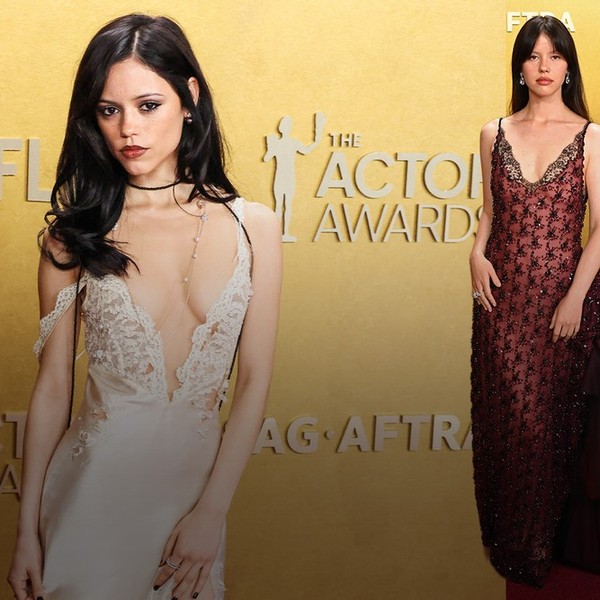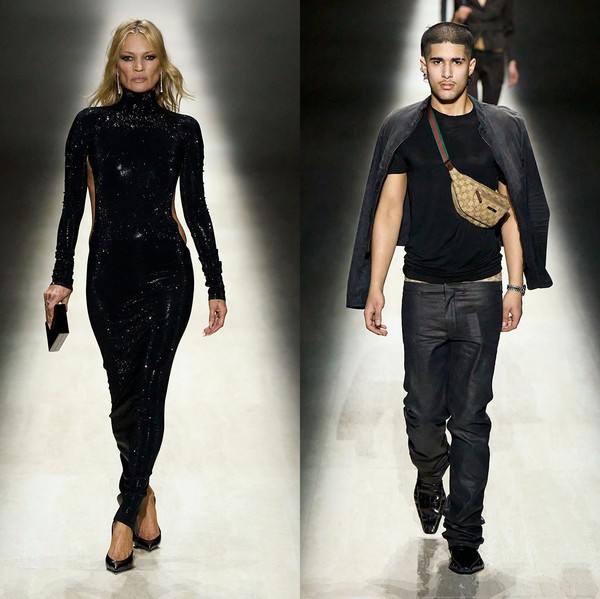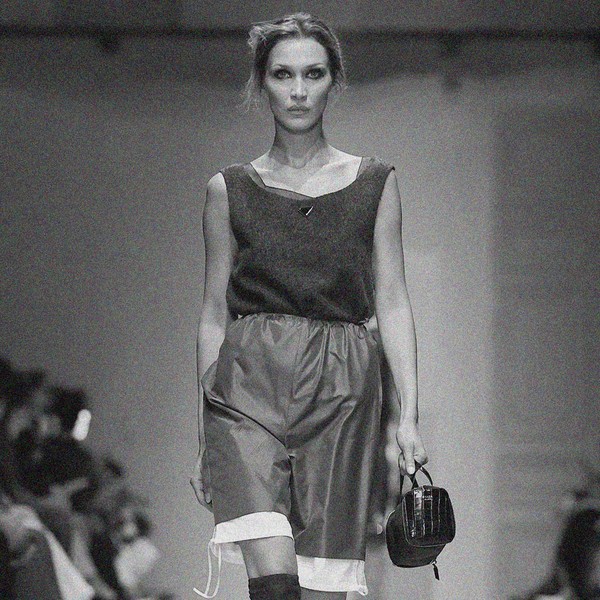This Self-Taught Photographer Is a Believer in YouTube University
“Not going to a traditional photography school… has helped me feel like I don't have to subscribe to those rules,” says Yaw Asiedu.
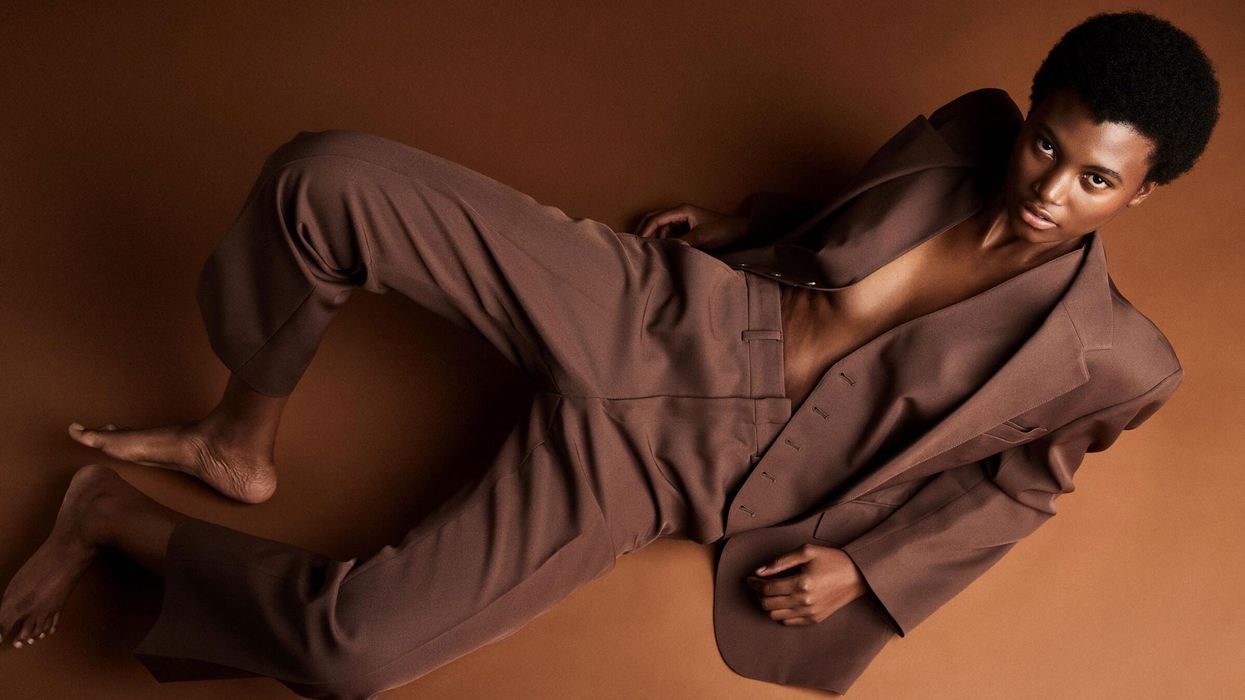
In 2012, Yaw Asiedu was working towards a biology and chemistry degree at Virginia Commonwealth University. “I had a friend who had a modeling agent’s contact [information] and told me I should reach out to them,” Asiedu explains over Zoom. “I spoke to my mom about pivoting to [modeling], and she said, ‘No, you’re going to finish your degree.’” And so he did. After school, he started modeling, but his career didn’t really begin to progress until, on a whim, he moved to South Africa in 2015. There, in Johannesburg, Asiedu discovered he also had a knack for photography. Much of Asiedu’s work revolves around faces. Each tightly-cropped portrait is layered with color and light, revealing a dynamic face, full of emotion. On set, Asiedu aims to gain the model’s trust. When he can get the person in front of the camera to trust him and relax, he’s able to take a snapshot of what appears to be an intimate moment.
Ahead, we talk to Asiedu about being a self-taught photographer, his approach to his work, his inspirations, and more.
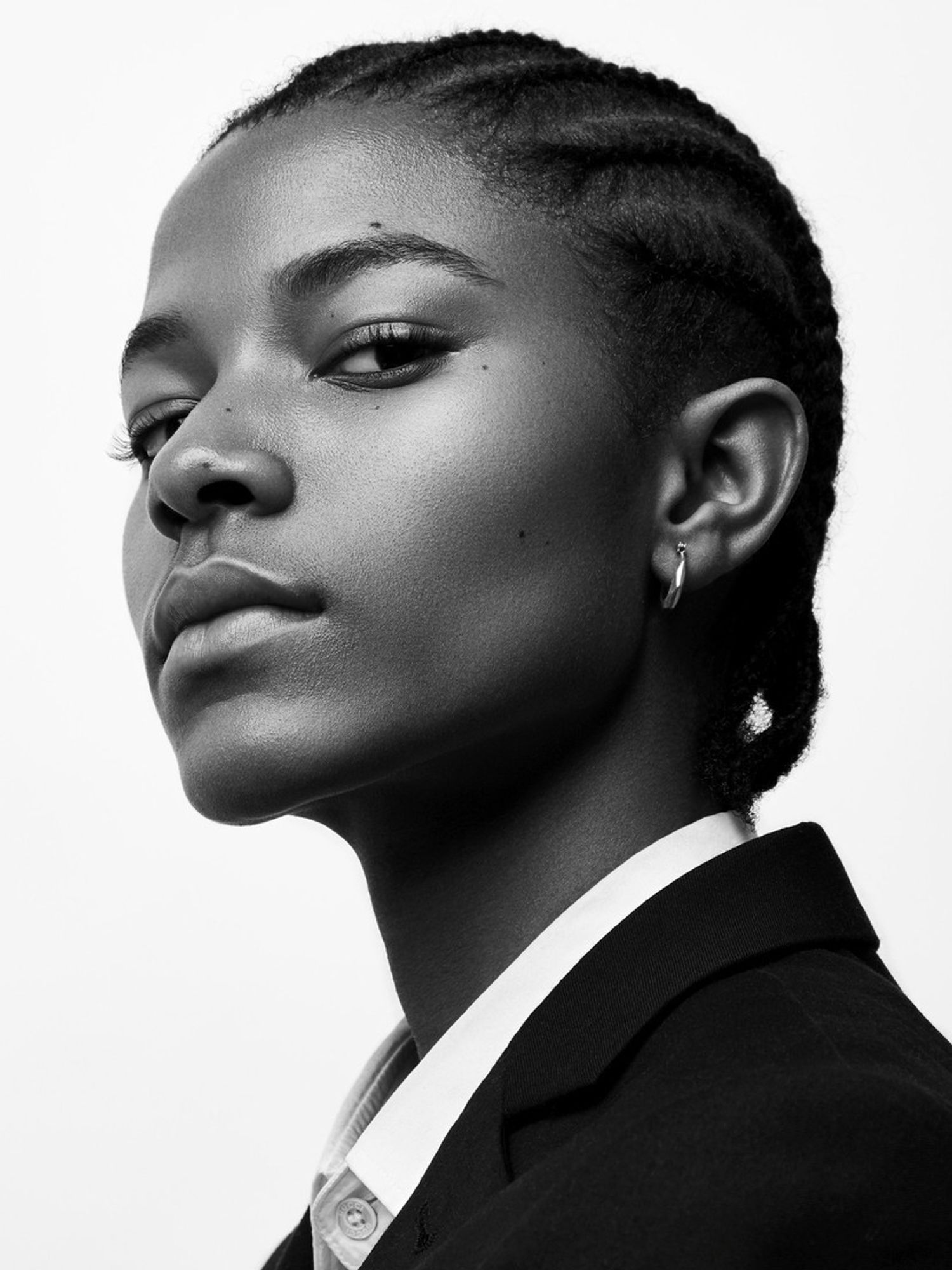
Courtesy of Yaw Asiedu
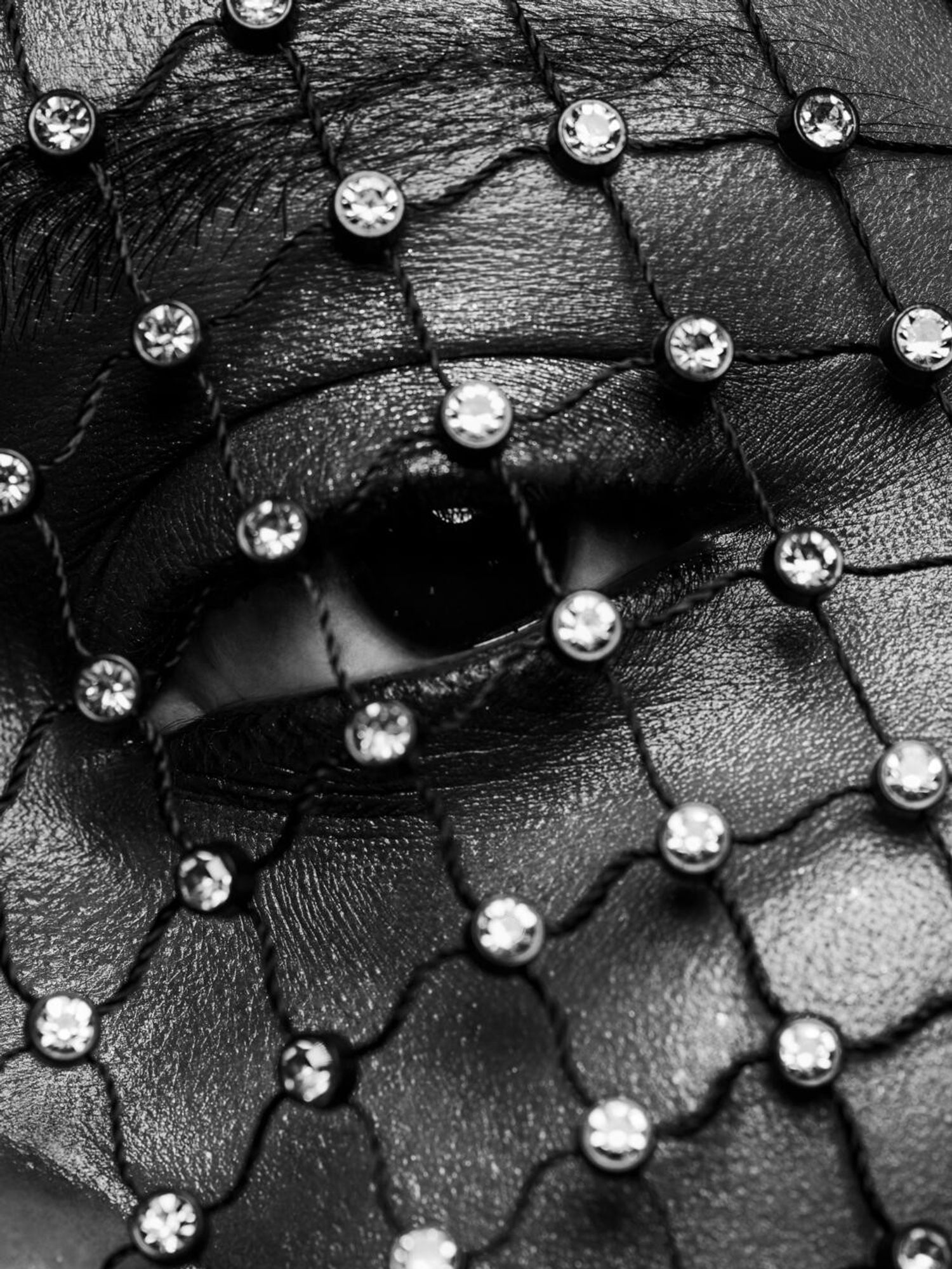
Courtesy of Yaw Asiedu
Coveteur: Why did you decide to move to South Africa?
Yaw Asiedu: “I had a photographer friend that came down [to South Africa] for a vacation, and he told me that he thought I’d do well in the modeling market there. So I bought a ticket and joined him on this trip, and he ended up being right. I got signed here [in 2016], so I lived in South Africa for a year. It went really well. And while I was here, I had my camera with me.
Going back a bit, when I was in college, I bought a small point-and-shoot camera just for fun to take photos of everyday life. And I brought that camera with me to South Africa. I lived with a bunch of models, so I started taking their photos. My agency liked the photos, so they were like, ‘Hey, why don't we pay you to start taking photos of our models?’ So that's how I really started off. That was my first paid gig, and I transitioned to full-time photography in 2018.”
Would you say that in regards to photography you're self-taught?
YA: “Yes, I would say that. I am a student of and believer in YouTube University. I learned a lot from YouTube, but also [through] trial and error and just shooting a lot. Then I got lucky and interned for a photographer in New York City. Then I assisted a couple of photographers, and I learned a lot from them.”
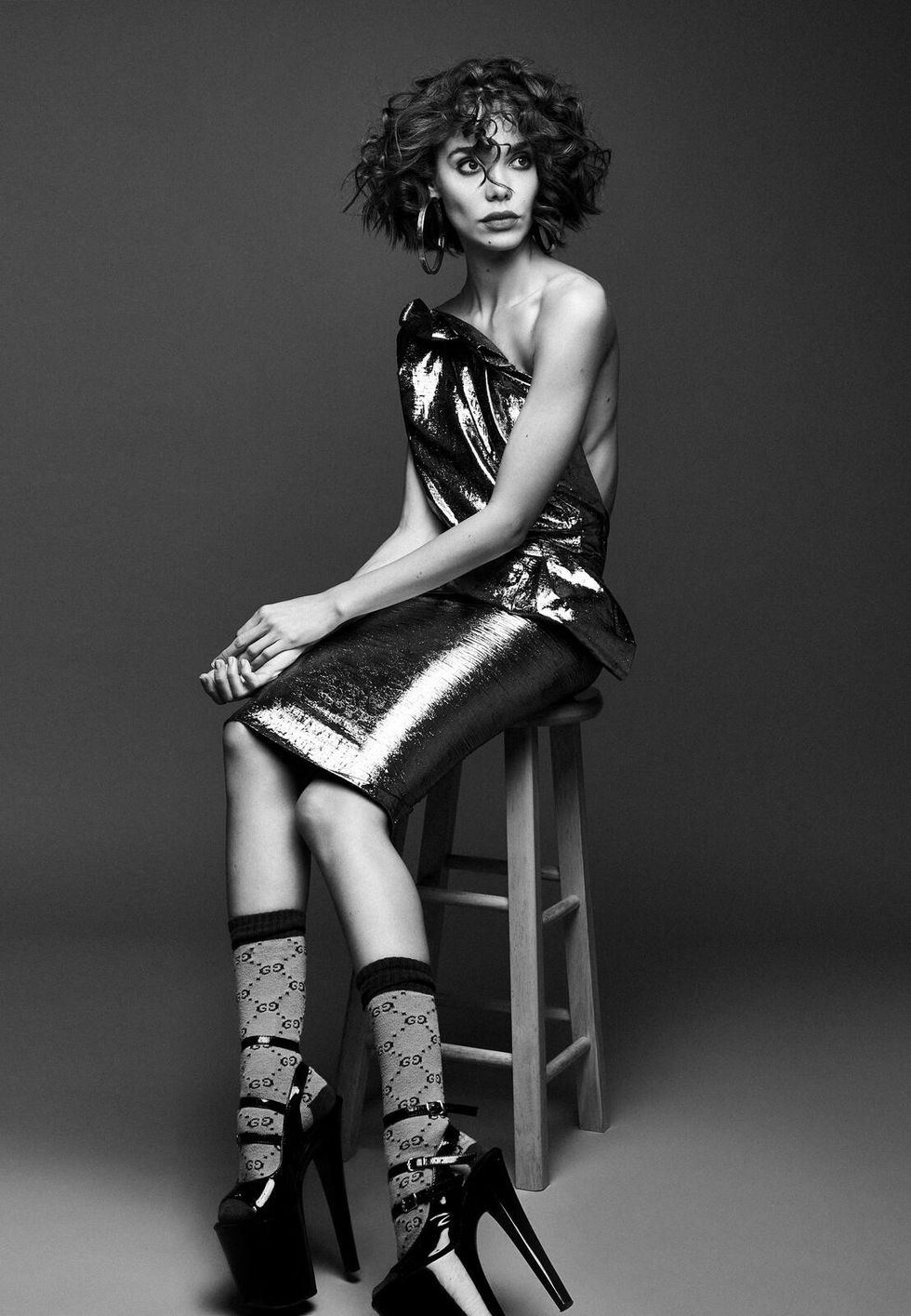
Courtesy of Yaw Asiedu
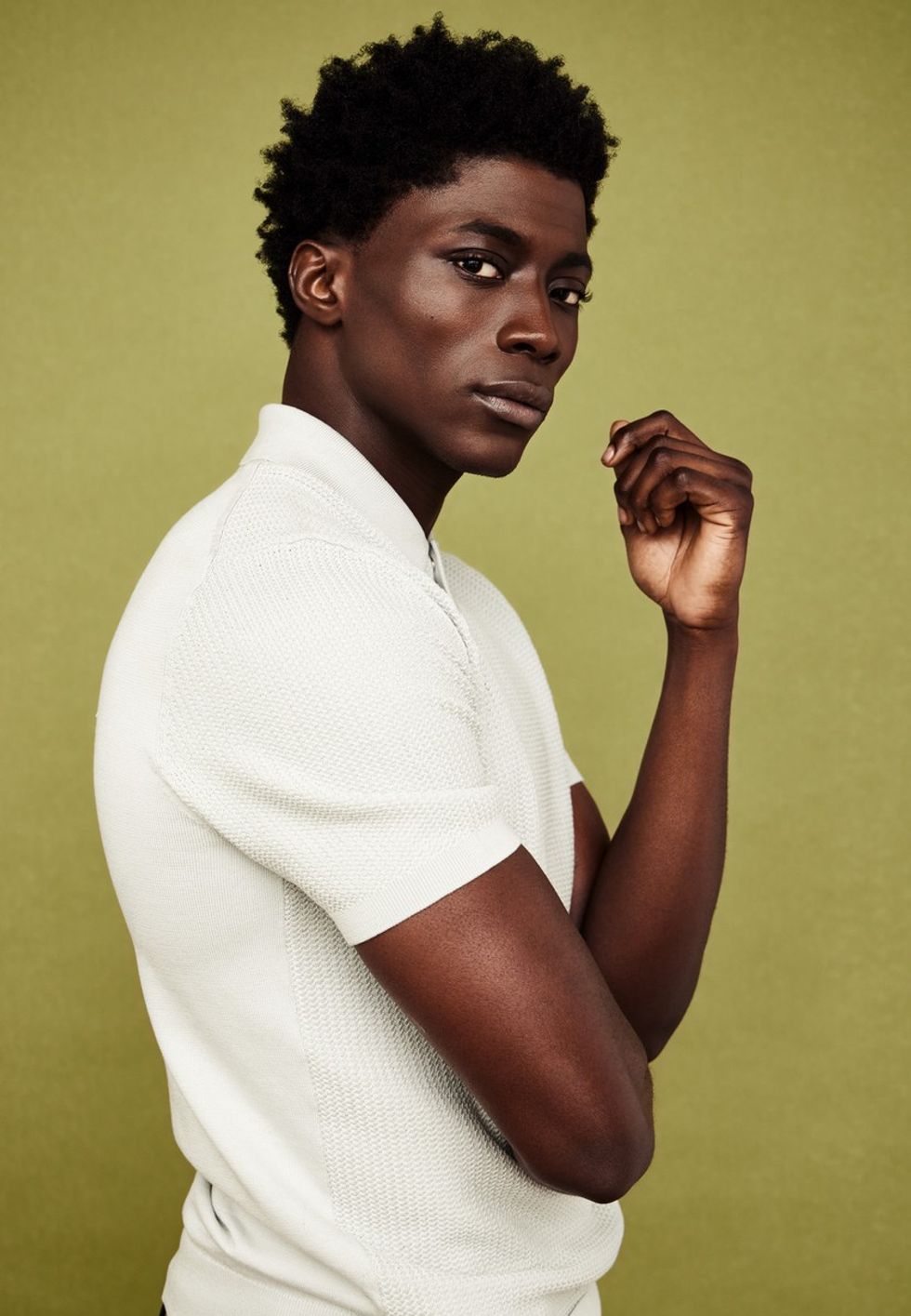
Courtesy of Yaw Asiedu
Do you feel that because you’re self-taught, you don’t necessarily feel boxed in by those traditional rules?
YA: “I feel like it was very beneficial, especially being on the modeling side too. It gives me a bit of an advantage because I know what to say or do to make a model feel more comfortable on set. Not going to a traditional photography school or learning in a traditional way has helped me feel like I don't have to subscribe to those rules. I can just keep trying different things and seeing what works for me.”
How would you describe your photography style?
YA: “I try to show the connection that the talent and I have through the image. So it's clean, soulful, very crisp with aesthetically pleasing tones.”
What are your inspirations? Are there any artists that you're drawn to?
YA: “When I first started, I was really drawn to Patrick Demarchelier and Peter Lindbergh's work. They're different in terms of how they approached light in their work, but both were influential to me. Peter usually did a lot of natural lighting, and he didn't really like retouching at all. He hated retouching. And then there's Patrick Demarchelier on the other side where he used strobes in the studio, usually one light. I also admire Irving Penn, Helmut Newton, and Steven Meisel. I draw a little bit from each one.”
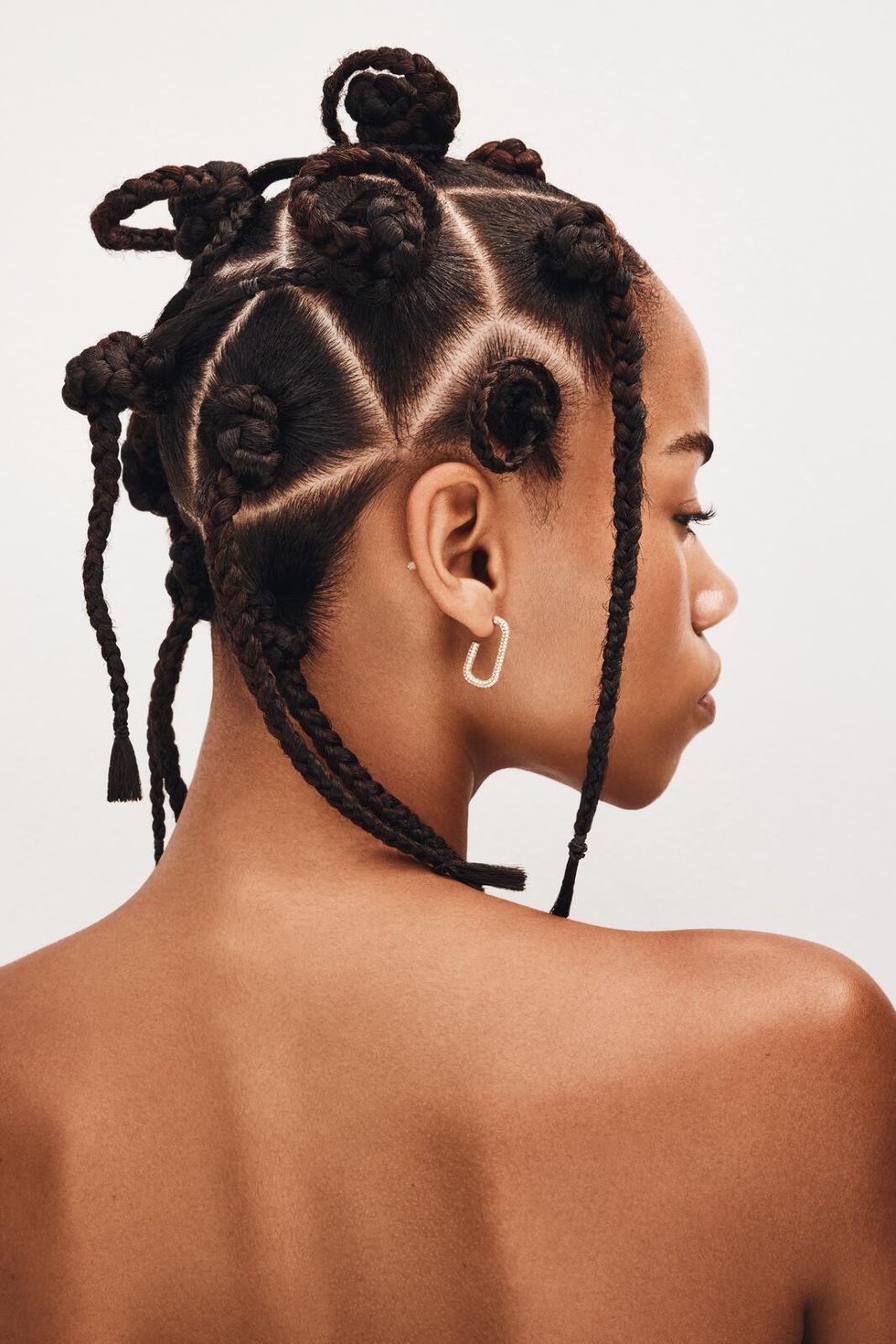
Courtesy of Yaw Asiedu
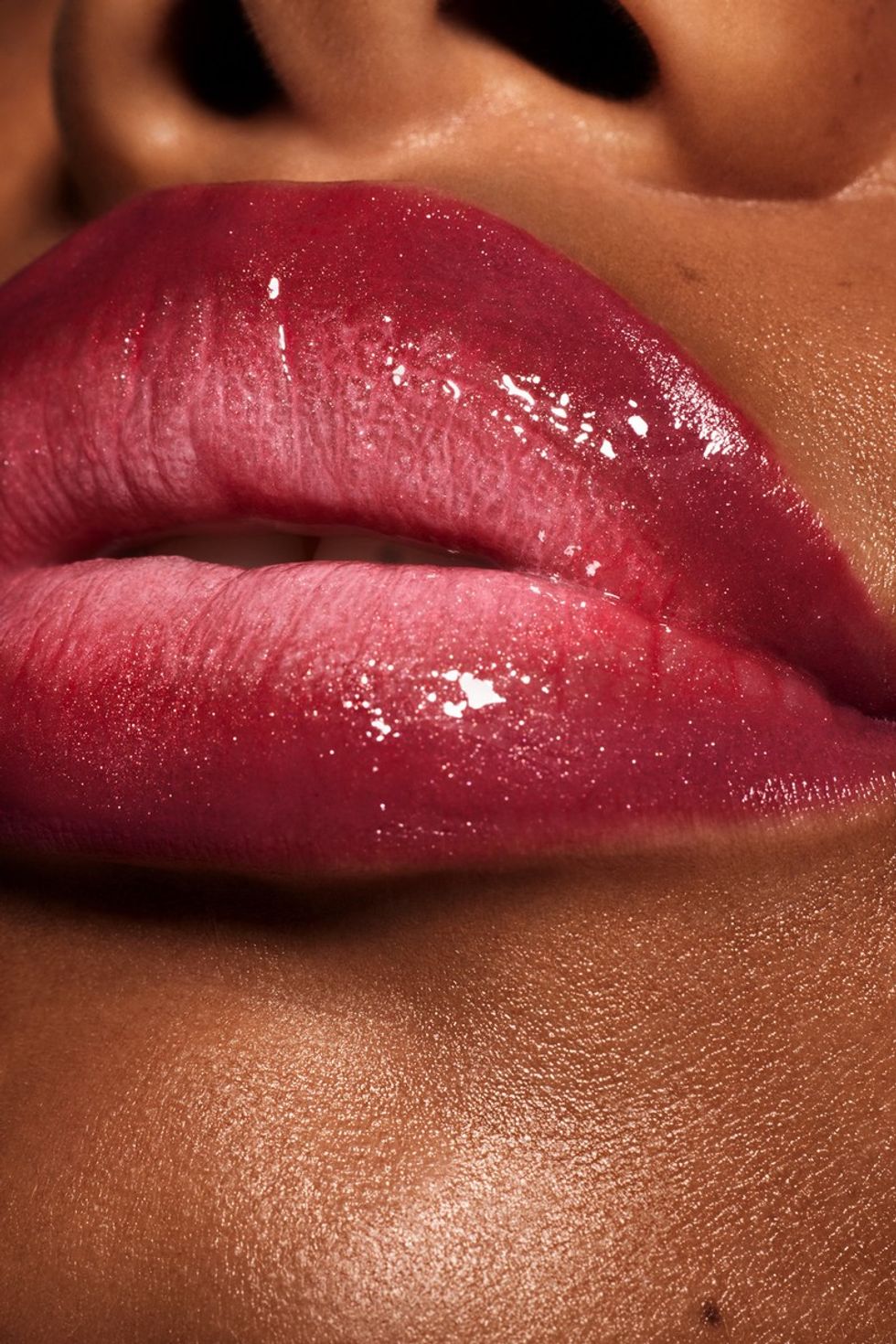
Courtesy of Yaw Asiedu
Do you remember the first work of art you saw that had an emotional impact on you?
YA: “I went to the British Museum a while back, probably in 2015, and I saw a lot of African art that was stolen—or gifted, as they say—to the British. Seeing that art did kind of spark a little something in me. [The art] reminded me of back home, and it brought back memories of growing up in Ghana and being able to see those kinds of sculptures in the market or around the neighborhood.
I moved to the States when I was 11. I didn't want to leave friends and family that I had back in Ghana at all. But I knew I didn't have a choice because Mom already made that decision that we were going to move over to the States. We moved to Virginia when we first came here, and that's where I grew up.”
Was there a culture shock?
YA: “Yeah, I would say that. I mean, I was still kind of a child, so there were some things that were done here that I was just like, ‘It's kind of weird.’ I grew up in a place where it was a community—everybody took care of each other, everybody shared resources. And in the States, it's completely different; there's no real community in the neighborhood. Everybody really keeps to themselves.”
When did you feel comfortable calling yourself an artist?
YA: “I don't even think I really have hit that point yet where I feel comfortable calling myself an artist per se. I'm still learning. There's something I'm still looking for. I haven't reached that point for myself. I know other people say all that stuff, but in my head, I haven't really gotten there yet.”
The collected works of Yaw Asiedu are represented by Trunk Archive.

